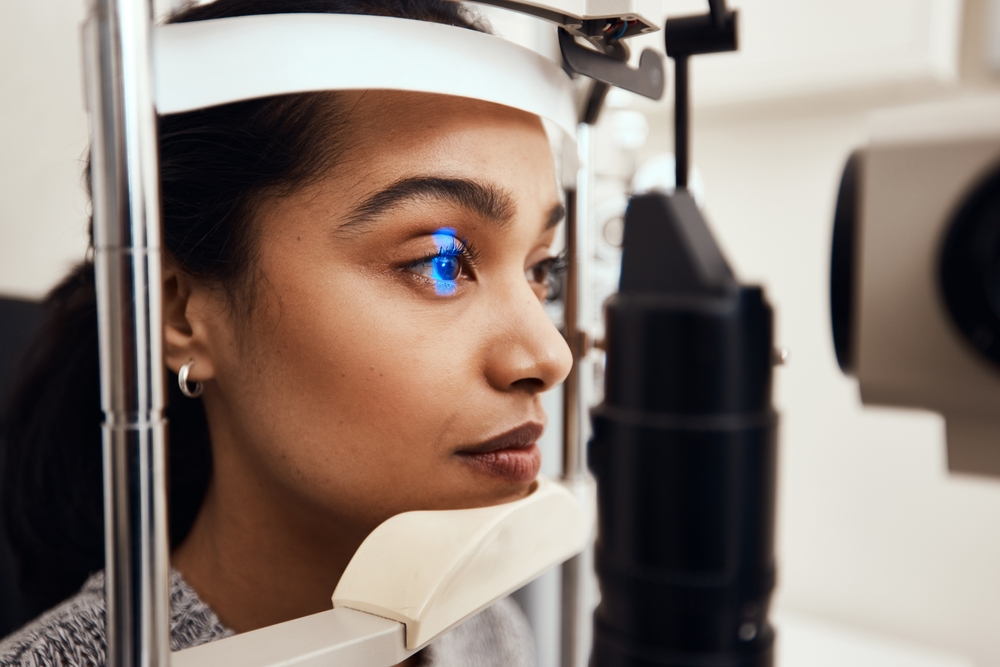
A comprehensive eye exam is a thorough assessment of your visual system, allowing optometrists to detect and address any underlying issues. Whether you're due for a routine check-up or experiencing changes in your vision, understanding what to expect from a comprehensive eye exam can help you feel informed and empowered in taking charge of your eye health.
What to Expect During a Comprehensive Eye Exam
A comprehensive eye exam is a multi-faceted process designed to evaluate the overall health and function of your eyes. During your appointment, you can expect the following:
- Medical History Review: Your eye care professional will start by discussing your medical history, including any existing conditions, medications, and any vision-related concerns or changes you may have experienced.
- Visual Acuity Test: This test, often conducted using an eye chart, measures your ability to see clearly at various distances. It helps determine if you have any refractive errors, such as nearsightedness, farsightedness, or astigmatism.
- Refraction Assessment: Using a phoropter, a specialized device with a series of lenses, your eye doctor will determine the precise prescription for corrective lenses, if needed.
- Eye Muscle Evaluation: Your eye care provider will assess the coordination and movement of your eye muscles, ensuring they work together efficiently.
- Slit Lamp Examination: A slit lamp is a specialized microscope that allows your doctor to examine the front and back structures of your eyes, including the cornea, iris, and lens.
- Tonometry: This test measures the pressure inside your eyes, which can help detect the presence of glaucoma, a condition that can lead to vision loss if left untreated.
- Pupil Dilation: Your eye doctor may dilate your pupils using eye drops to get a better view of the internal structures of your eyes, such as the retina and optic nerve.
- Retinal Examination: Using specialized imaging techniques, your eye care professional will assess the health of your retina, the light-sensitive tissue at the back of your eye.
- Peripheral Vision Test: This test evaluates your side (peripheral) vision, which can be affected by certain eye conditions or underlying health issues.
Throughout the comprehensive eye exam, your eye doctor will take the time to explain each step, address any questions or concerns you may have, and develop a personalized plan to maintain or improve your vision health.
Eye Conditions Detected During a Comprehensive Eye Exam
A comprehensive eye exam is not just about checking your vision; it's also an opportunity for your eye doctor to identify and address a variety of eye conditions. Some of the common eye conditions that can be detected during a comprehensive exam include:
- Refractive Errors: This includes nearsightedness (myopia), farsightedness (hyperopia), and astigmatism, which can be corrected with prescription lenses or other treatments.
- Cataracts: A clouding of the eye's natural lens, which can gradually impair vision over time.
- Glaucoma: A group of eye conditions that can damage the optic nerve, leading to vision loss if left untreated.
- Macular Degeneration: A leading cause of vision loss in older adults, affecting the central part of the retina responsible for sharp, detailed vision.
- Diabetic Retinopathy: A complication of diabetes that can damage the blood vessels in the retina, potentially leading to vision loss.
- Dry Eye Syndrome: A condition in which the eyes do not produce enough tears or the tears evaporate too quickly, leading to discomfort and vision problems.
- Eye Infections: Such as conjunctivitis (pink eye) or styes, which can be identified and treated during a comprehensive exam.
By detecting these and other eye conditions early, your eye care provider can implement appropriate treatment or management strategies to preserve your vision and overall eye health.
The Importance of Regular Eye Exams
Regular comprehensive eye exams are essential for maintaining the health and function of your eyes. A comprehensive exam can identify vision issues, such as refractive errors or eye diseases, in their early stages, allowing for timely intervention and treatment. Early detection and management of eye conditions can help prevent or slow the progression of vision loss, ensuring you can continue to enjoy clear, comfortable vision. Additionally, eye exams can reveal signs of underlying health conditions, such as diabetes or high blood pressure, which can be detected through changes in the eyes.
Schedule Your Comprehensive Eye Exam with Lakefront Eyecare
Lakefront Eyecare is a premier eye care provider dedicated to delivering exceptional vision care services to individuals in your community. Your comprehensive eye exam will be tailored to your individual requirements. Dr. Dugan will take the time to listen to your concerns, understand your lifestyle and visual demands, and develop a personalized plan to optimize your eye health.
Whether you're due for a routine check-up or experiencing changes in your vision, the Lakefront Eyecare team is committed to providing the highest level of care and ensuring your eyes remain healthy and functioning at their best.
Schedule your comprehensive eye exam with Lakefront Eyecare today. We care committed to provide quality eye care services and products for the entire family. Visit our office in New Orleans, Louisiana, or call (504) 565-2900 to book an appointment.








